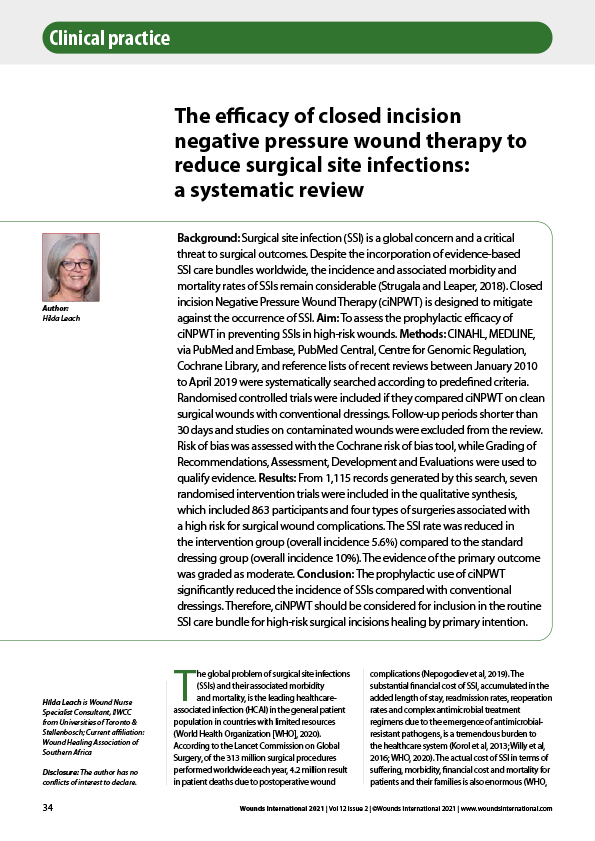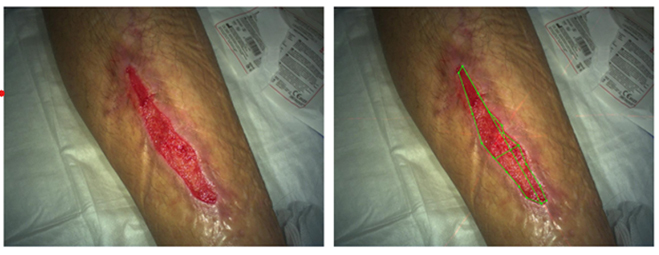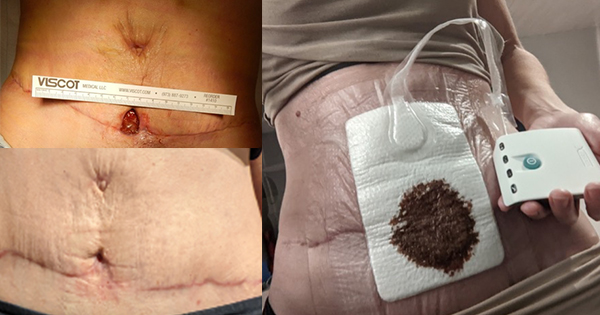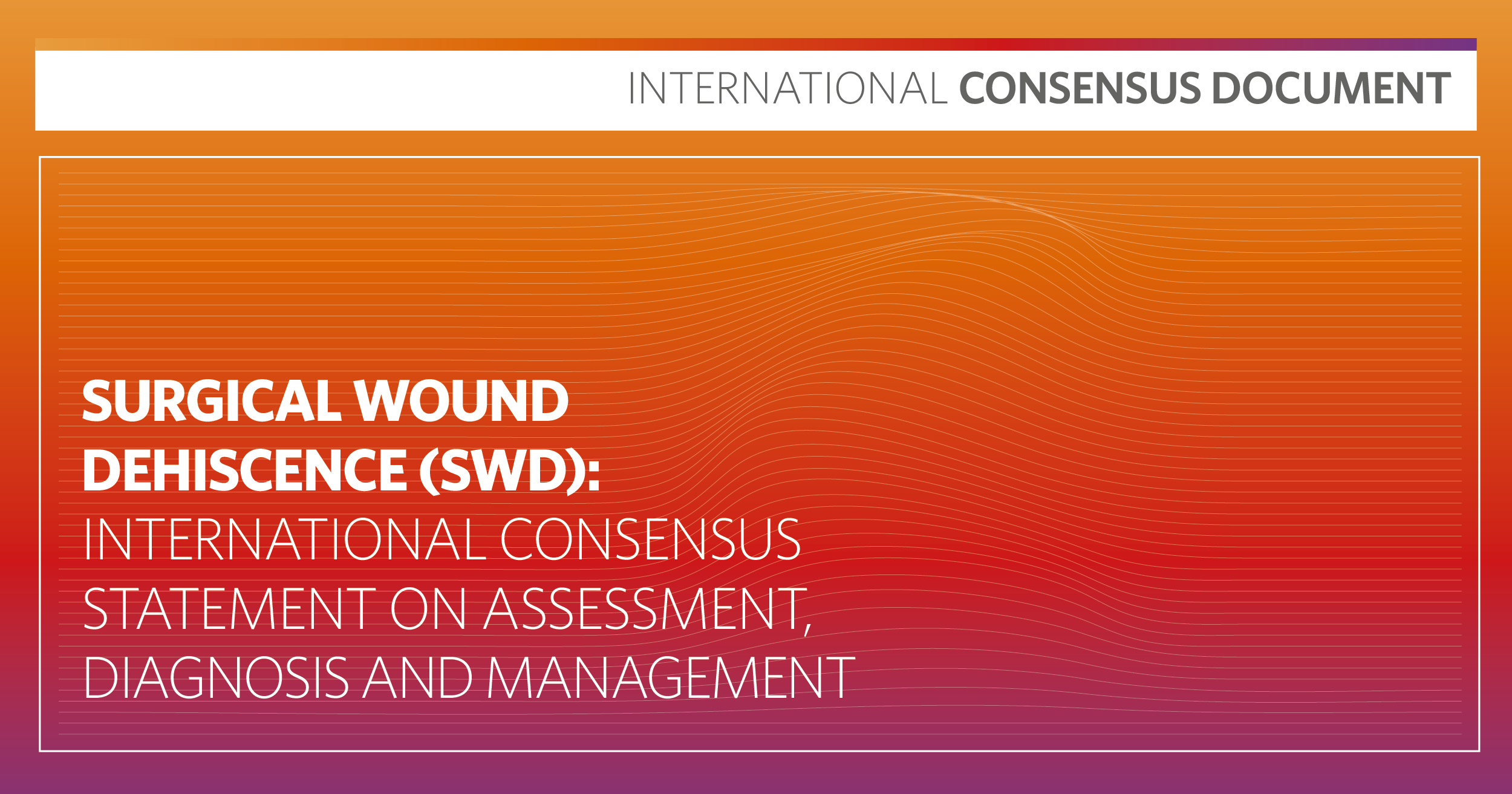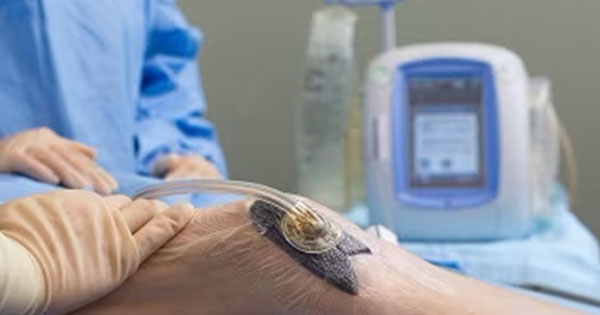Background: Surgical site infection (SSI) is a global concern and a critical threat to surgical outcomes. Despite the incorporation of evidence-based SSI care bundles worldwide, the incidence and associated morbidity and mortality rates of SSIs remain considerable (Strugala and Leaper, 2018). Closed incision Negative Pressure Wound Therapy (ciNPWT) is designed to mitigate against the occurrence of SSI. Aim: To assess the prophylactic efficacy of ciNPWT in preventing SSIs in high-risk wounds. Methods: CINAHL, MEDLINE, via PubMed and Embase, PubMed Central, Centre for Genomic Regulation, Cochrane Library, and reference lists of recent reviews between January 2010 to April 2019 were systematically searched according to predefined criteria. Randomised controlled trials were included if they compared ciNPWT on clean surgical wounds with conventional dressings. Follow-up periods shorter than 30 days and studies on contaminated wounds were excluded from the review. Risk of bias was assessed with the Cochrane risk of bias tool, while Grading of Recommendations, Assessment, Development and Evaluations were used to qualify evidence. Results: From 1,115 records generated by this search, seven randomised intervention trials were included in the qualitative synthesis, which included 863 participants and four types of surgeries associated with a high risk for surgical wound complications. The SSI rate was reduced in the intervention group (overall incidence 5.6%) compared to the standard dressing group (overall incidence 10%). The evidence of the primary outcome was graded as moderate. Conclusion: The prophylactic use of ciNPWT significantly reduced the incidence of SSIs compared with conventional dressings. Therefore, ciNPWT should be considered for inclusion in the routine SSI care bundle for high-risk surgical incisions healing by primary intention.

